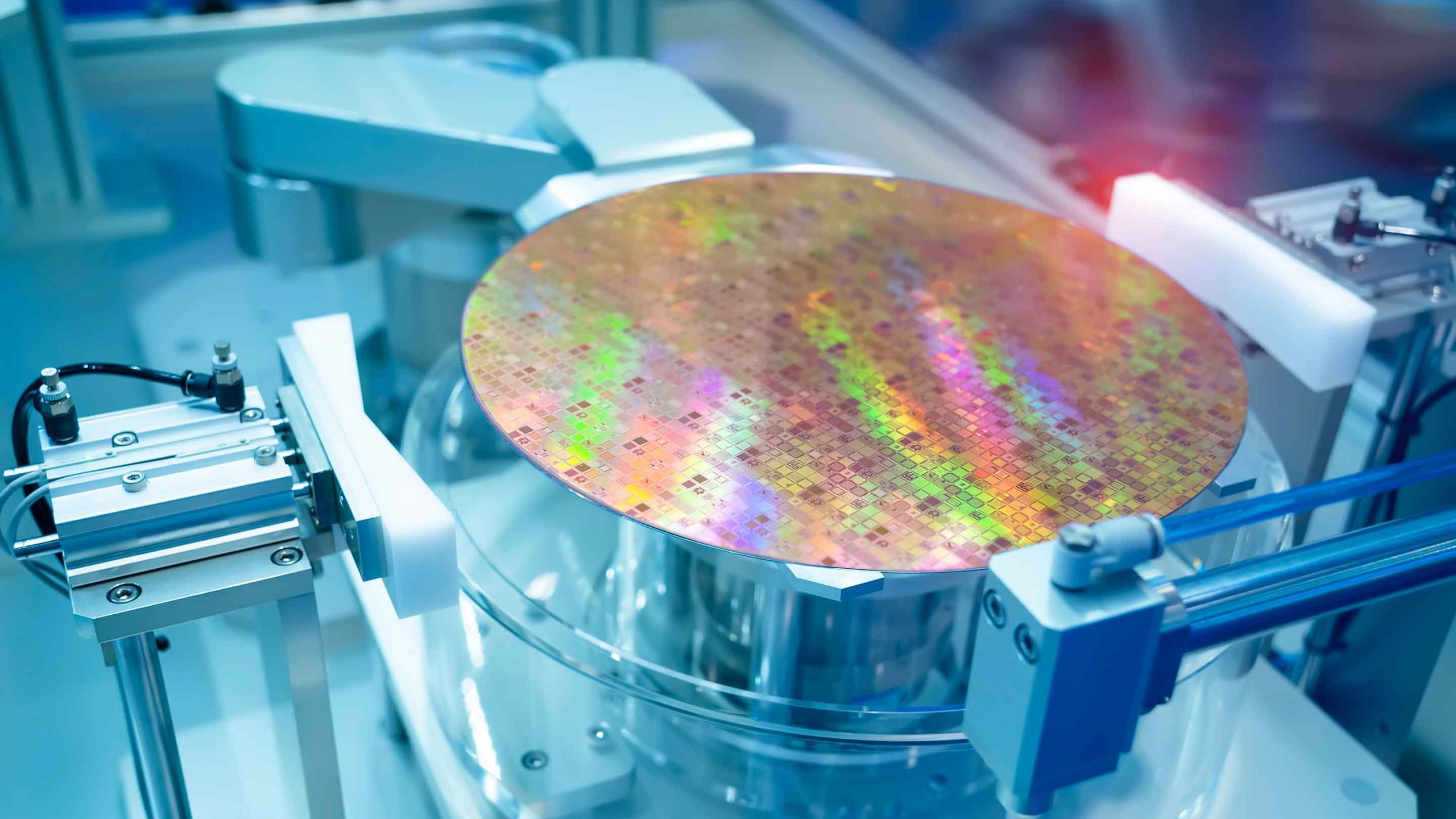Smart technology in healthcare faces limitations such as data privacy concerns and high implementation costs. It also requires significant technical expertise for effective utilization.
Smart technology has revolutionized healthcare, offering unprecedented advancements in patient care and medical research. Devices like wearable health monitors and AI-driven diagnostic tools have made healthcare more efficient and personalized. Despite these benefits, challenges remain. Data privacy is a significant concern, as sensitive patient information can be vulnerable to breaches.
High costs associated with implementation and maintenance can deter smaller healthcare providers. Additionally, effective use of smart technology demands substantial technical expertise, which not all medical staff possess. Addressing these limitations is crucial for maximizing the potential of smart technology in healthcare.
Introduction To Smart Technology In Healthcare
Smart technology in healthcare offers significant advancements but faces limitations such as data security concerns and high implementation costs. Limited accessibility in rural areas further restricts its widespread adoption.
Current Trends
Smart technology is changing healthcare. Wearable devices track our health daily. AI helps doctors find diseases faster. Telehealth lets us see doctors from home. Smart pills tell doctors when we take medicine. Robots help in surgeries. These trends make healthcare easier.
Benefits
Smart technology has many benefits. It helps doctors make better choices. Patients can get help quickly. Wearables help us stay healthy. AI finds health problems early. Telehealth saves time and travel.
Data Privacy Concerns
Smart technology can gather large amounts of personal data. This data includes medical records and health information. Keeping this data private is very important. Hackers may target this information. They can steal or misuse it. Patients want their health data to stay confidential. Smart devices must ensure data is safe.
Smart technology in healthcare faces many regulations. Different countries have different rules. Companies must follow these rules. It can be difficult to meet all regulations. This can slow down the use of smart technology. Regulations are needed to protect patients. But they can also be a barrier to new tech.
High Implementation Costs
Buying smart technology needs a lot of money. Hospitals must buy expensive equipment and software. Training staff also costs a lot. Many healthcare centers cannot afford this. The price can be a big problem.
Keeping the technology running smoothly costs money. Regular updates and repairs are needed. Specialists must fix problems. This all adds to the overall expenses. Smaller hospitals may find it very hard to keep up.
Interoperability Issues
Smart technology in healthcare faces system integration problems. Different systems often can’t communicate. This makes it hard for doctors to access all patient information. Data sharing becomes a challenge. Medical devices from different brands may not work together. This leads to delays and errors.
Data standardization is a big issue in smart healthcare. Different systems use different formats. This makes it hard to merge data. Inconsistent data can lead to wrong decisions. Healthcare providers need uniform data formats. This will help in better patient care. Without it, smart technology is less effective.
Read More
What to Do If a Nail Tech Cuts You : Immediate Steps to Take
Technical Limitations
Smart devices need a stable internet connection. Poor connectivity can disrupt their functionality. This may lead to delayed responses or incomplete data. Hospitals in rural areas often face this issue. Network outages can also be problematic. Patients may not get timely alerts. Doctors may miss critical updates. Reliable internet is essential for smart healthcare.
Smart healthcare devices must be reliable. Device malfunctions can risk patient health. Frequent software updates are necessary. Outdated software can cause errors or data loss. Some devices may have short battery life. This can be inconvenient for patients. Regular maintenance is required. Not all users know how to perform it. Proper training is essential for both patients and healthcare workers.
Ethical Considerations
AI can show bias in its decisions. This happens due to data it learns from. If data is biased, AI will be too. This can affect patient care and treatment. Fairness in AI is hard to achieve. It needs constant checking and updating. Bias can harm trust in smart technology. Patients may feel treated unfairly. AI must be trained with diverse data.
Smart technology can reduce human decision-making. This can be risky in healthcare. Doctors may rely too much on AI. Human judgment is still very important. Machines lack empathy and understanding. Patients may prefer human touch. Smart tech should aid, not replace doctors. Balancing tech and human care is crucial.
Training And Adaptation
Smart technology needs trained staff. Many healthcare workers lack proper training. This can lead to mistakes. Training programs can be costly and time-consuming. Staff may resist new technology. Older staff find it harder to adapt. Continuous training is necessary. This ensures everyone is up to date.
Patients also need to adapt to smart technology. Older patients may struggle the most. They may not trust new devices. Some patients lack access to smart technology. This creates a gap in care. Younger patients adapt more easily. Yet, even they face challenges. Understanding and using new devices can be confusing.
Future Prospects
Smart technology in healthcare is growing fast. New devices help doctors and nurses. AI can find patterns in medical data. Robots assist in surgeries, making them safer. Wearable gadgets track health daily. But, some tools are not perfect yet. Errors can happen, and machines need updates.
Healthcare policies are changing to include smart tech. Laws protect patient data. Rules ensure safe use of devices. Government supports tech in hospitals. Training is needed for all staff. Policies make sure tech is used well. Funds are given for research and development.
Conclusion
Smart technology in healthcare offers many benefits but also has limitations. Challenges include data privacy, high costs, and technical issues. Balancing innovation with these concerns is crucial. As technology evolves, addressing these limitations will enhance healthcare delivery. Understanding these constraints is key to future advancements in smart healthcare solutions.










